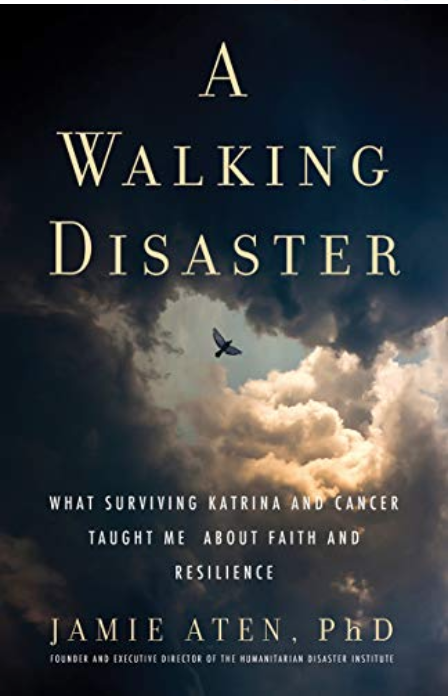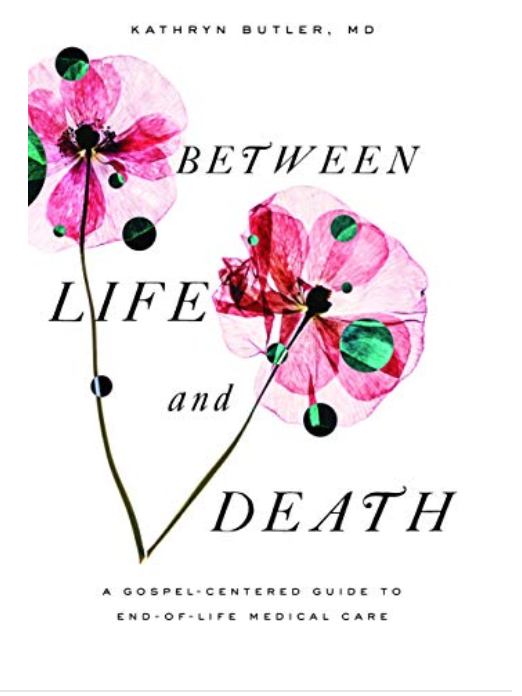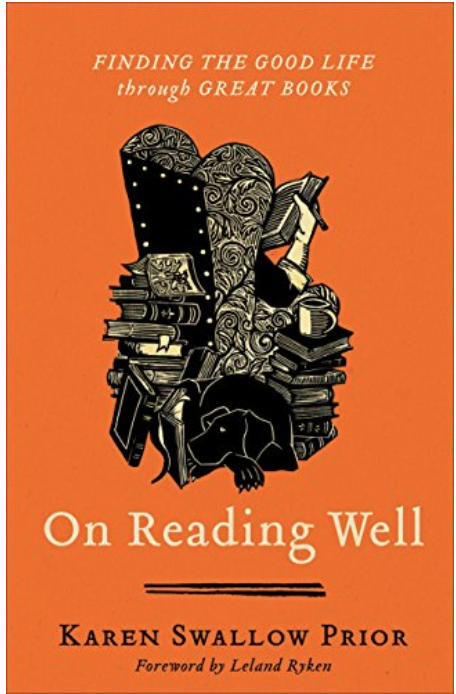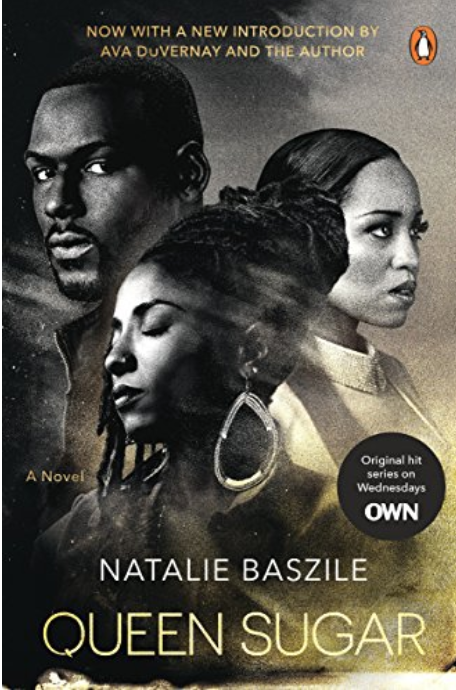Counting Our Losses in the Midst of Crisis
Counting Our Losses in the Midst of Crisis
Dear Readers,
I don’t have to tell you it is a season of suffering losses—suffering from anxiety about getting the COVID-19 virus, suffering from the illness itself, or suffering losses due to the precautions being taken. Today it seemed good to share one of the meditations I wrote for The Waiting Room: 60 Meditations for Finding Peace & Hope in a Health Crisis. I hope it ministers to you, whatever you have lost to this pandemic.
Counting Your Losses
You keep track of all my sorrows.
You have collected all my tears in your bottle.
You have recorded each one in your book. Psalm 56:8, NLT
Missing our daughter’s white coat ceremony for PT school.
Cancelling our trip to celebrate our 35th anniversary.
Missing my uncle’s funeral.
Caring for my dad in the latter stages of his illness….
One day I began listing all the losses I had endured during our season in the waiting room. I didn’t even count the profound loss our son endured or all of the losses that affected my husband, our other children, and our extended network of family and friends. During a health crisis, the losses mount like so many soldiers on the beaches of Normandy. Is it appropriate to count them, to take stock of our sorrows?
The Psalmists say, emphatically, yes. Of the 150 Psalms, somewhere between 65 and 67 are “psalms of lament,” depending on how they are categorized. Asaph, for example, cried: “You don’t let me sleep, I am too distressed even to pray! I think of the good old days, long since ended, when my nights were filled with joyful songs…. Has the Lord rejected me forever?” (Psalm 77:4-5a, 7, NLT). And David, the man after God’s own heart, moaned, “My eyes are swollen with weeping, waiting for my God to help me…Their insults have broken my heart, and I am in despair. If only one person would show some pity; if only one would turn and comfort me.” (Psalm 69:3, 21, NLT).
As each person cries out to God, even as he raises his fist at God as the one responsible for his sorrows, a tectonic shift of the heart occurs. God’s unfailing love drives this shift, and the lamenter begins to assert hope in God.
After his outcry, Asaph’s focus shifts to God’s power: “Oh, God, your ways are holy. Is there any God as mighty as you? You are the God of great wonders! You demonstrate your awesome power among the nations” (Psalm 77:13-14, NLT).
David’s heart also changes: “For the Lord hears the cries of the needy; he does not despise his imprisoned people. Praise him O heaven and earth, the seas and all that move in them” (Psalm 69:33-34, NLT).
As we tally our tears, we discover a compassionate God who is counting them right alongside us. The same God who counts our tears sent his Son Jesus to weep human tears for and with us. The same God who counts our tears will one day wipe every one away when Jesus returns to restore all broken things. Remembering God’s kindness helps us wait with hope for the day when all losses will be accounted for.
Prayer
Tear-tracking God, help us to count our losses and to discover your amazing love even as we do. Help us weep tears over our own sin as well as the pain we encounter in a fallen world. In Jesus’ compassionate name we pray, Amen.
Further Encouragement
Choose one lament Psalm: Psalm 56, 69, or 77, and read it all the way through.
Listen to “We Will Feast in the House of Zion” by Sandra McCracken at https://youtu.be/ujVBV3lNSbQ.
For Reflection: Make a list of the losses you have suffered during this season. Ask God to reveal his compassion to you in the midst of such loss.
To minister more hope to people in this season, I have placed The Waiting Room on sale for the next two weeks.
Do you know someone who needs this message? Please use one of the share buttons to share it!
Photo by Anton Darius on Unsplash









